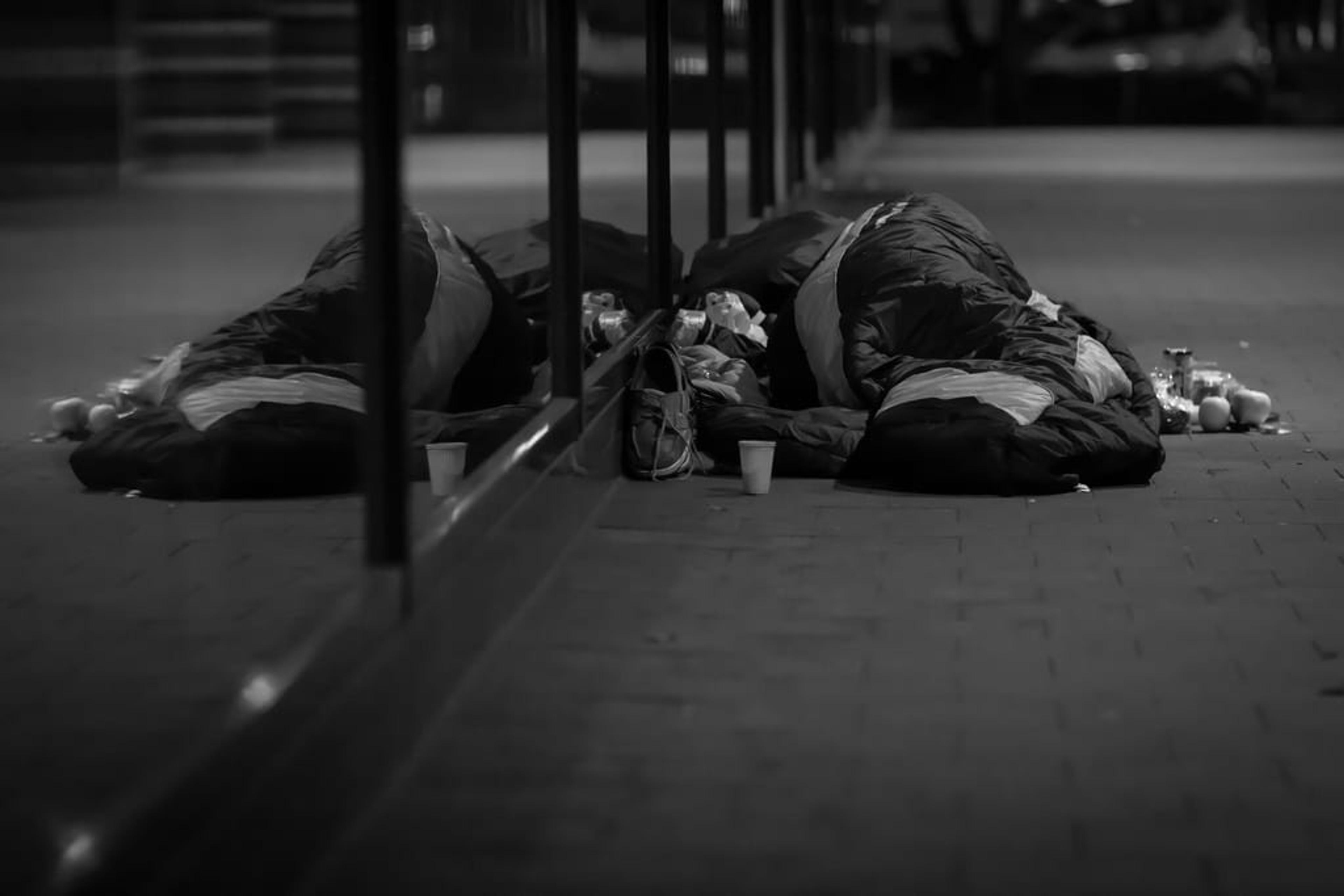
It all started with a man named Jim. Homeless and living on the cold streets of Pontiac in November 2011, Jim developed frostbite on his toes. He didn’t realize it until shelter nurses examined him in December and sent him to the hospital. His toes had to be amputated. Once he was stabilized, Jim was released. With no home, transportation, or means to fill his prescriptions, what could have been a one-visit stay turned into a revolving door between the hospital and shelter. A treatable medical condition led to amputations of both legs above his knees, millions of dollars in hospital costs, and ultimately, a sad end. After all he’d been through, Jim died about one year after his legs were amputated. Jim’s life served as a catalyst for a difficult community conversation. HOPE Hospitality & Warming Center, Jim’s shelter, came together with dozens of health care organizations and service agencies in 2012 to discuss the health care issues facing individuals struggling with homelessness in Oakland County. Elizabeth Kelly, executive director at HOPE, said it could have been different for Jim. If he’d had antibiotics and a place to recover, he’d likely still be around. The collaboration had an idea to create a local recuperative center, a place where homeless individuals could fully recover after a hospital stay. This model had proven successful at reducing hospital admissions and return visits in other parts of the country. The Blue Cross Blue Shield of Michigan Foundation provided $25,000 over two years to offset startup costs and fund ongoing research to measure the clinical effectiveness and economic impact. Participating hospitals and other local foundations are also contributing to the center’s operating costs. The HOPE Recuperative Center opened this past October and has since had 24 patients take advantage of recuperative stays. These patients are able to get the care they need after leaving the hospital, like a safe and supportive environment, meals, oversight of medical treatment, follow-up care, mental health programs and connection with housing options. “When patients come into the recuperative center, in about two weeks, they are so much better,” Kelly said. “It’s really amazing. They really feel like they’re being embraced.” Dr. Jason Wasserman, assistant professor at the Oakland University William Beaumont School of Medicine, is the researcher working to evaluate HOPE Recuperative Center. An expert on homelessness, Wasserman says emergency departments at hospitals can be the least efficient place to deliver health care for this population. Care is costly, and hospitals aren’t always equipped to handle the myriad issues homeless patients bring in with them. Wasserman said the population faces staggering obstacles when it comes to getting and staying healthy. In daily life, homeless individuals encounter higher rates of violence, substance abuse and mental health issues. They have little to no control over their diets, the elements and oftentimes struggle to access preventive care. Because of this, Wasserman said the average life expectancy for a homeless person is 16 years lower than someone from the general population. Recuperative care gives homeless individuals a “step-down” care option, allowing patients to recuperate with dignity. It also reduces return visits to the hospital that occur when conditions are exacerbated by living on the street or in a shelter. “It’s really a win-win on both sides of that equation,” he said. Adding in resources such as mental health services and housing gives people a real shot to improve their health, Wasserman said. Indeed, Kelly said bringing together mental health, nursing, and transportation services has really helped providers connect the dots and provide comprehensive care to patients who need it most. “We’re the receptacle of the model, but we can’t do it alone,” she said. Wasserman expects his research will show better patient outcomes and reduced hospital costs. He’s also hopeful that the recuperative model will encourage entry into permanent housing and increased insurance coverage among the homeless population. This post is part of a storytelling series we call, “Beyond the Card.” These stories will feature Blue Cross Blue Shield of Michigan members, employees, and communities who are making meaningful differences throughout our state. We invite you to follow Beyond the Card stories here at MIBluesPerspectives.com and through the hashtag, #BeyondtheCard on our social channels. If you have a story you would like to share, please feel free to contact us at stories@bcbsm.com. Photo credit: Marc Bruneke





